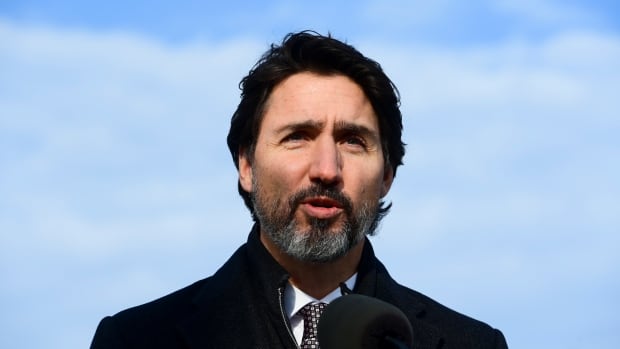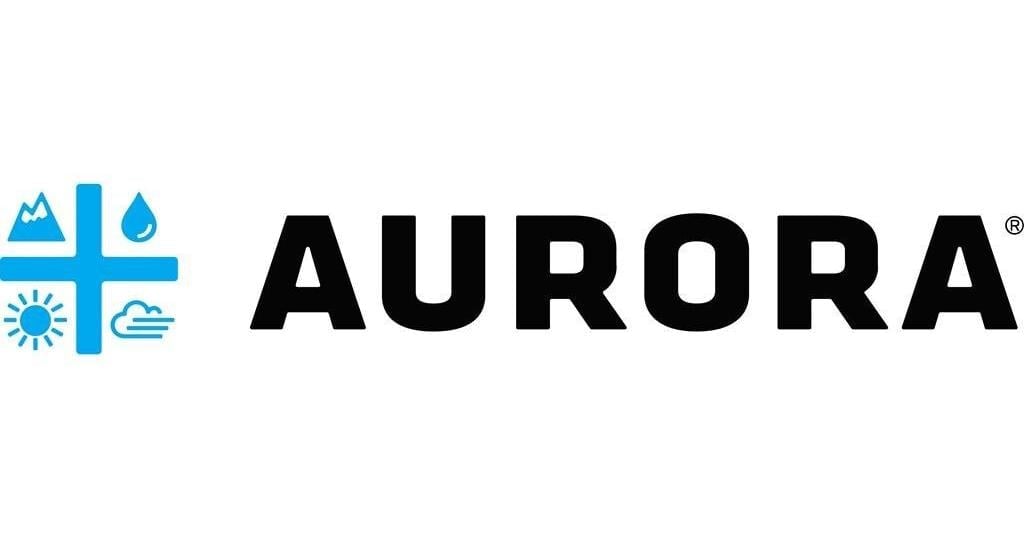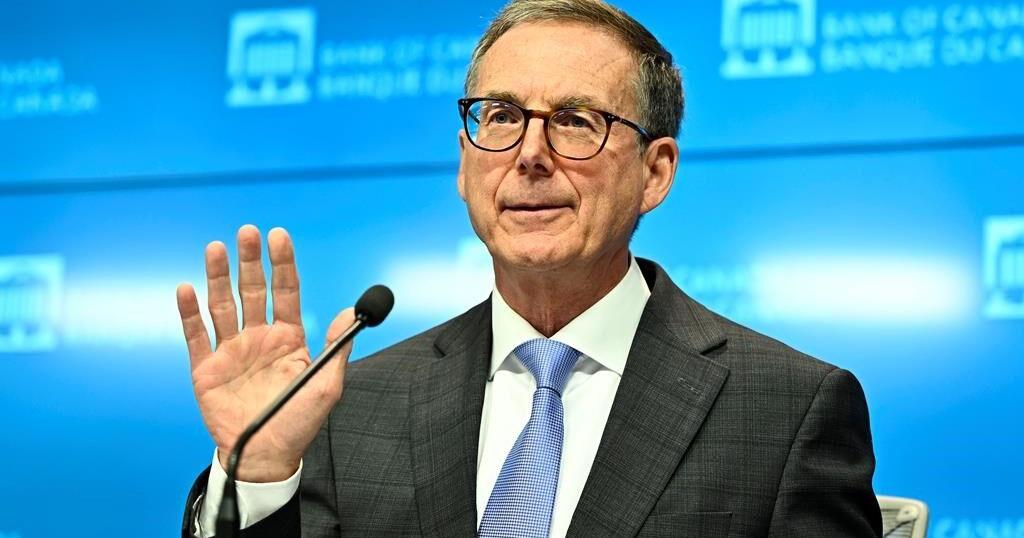TORONTO – In the middle of the small crowd — near the tents, the lineup of kids awaiting face painting, the snack table — stood a jubilant Chiara Padovani.
“When I say ‘tenant, you say ‘power,'” she commanded to several dozen tenants, who chanted back with gusto.
What looked like a summer block party in front of two north-end Toronto apartment buildings last month was a celebration of what renters who withheld payments for months called a “huge victory.”
The Landlord and Tenant Board had issued an interim order requiring Barney River Investments, which managed the properties at 1440 and 1442 Lawrence Ave. West, to do immediate maintenance work on long-needed repairs.
The decision, which the tenants’ lawyer said might be the first of its kind, came after a 10-month rent strike.
“When tenants just like you come together — organize together, celebrate together, eat together and work together — we win,” Padovani declared at the gathering.
Other tenants are taking the same gamble: since May 2023, Toronto has seen a wave of such strikes in which hundreds of renters have withheld rent across the city.
First, the residents of 71, 75 and 79 Thorncliffe Park Dr. in the city’s east end stopped paying their rent. Then, tenants at 33 King St. and 22 John St. on the west side of the city did the same.
Last October, more than 100 tenants of the Lawrence Avenue buildings followed suit, seeking urgent repairs in dozens of units and the withdrawal of applications the landlord filed with the board to increase rent above provincial guidelines.
The north-enders were the first to see results, as tenants in the other buildings still await hearings at the Landlord and Tenant Board.
The Lawrence Avenue tenants said they had done everything they could to resolve the issue before withholding rent, from sending petitions, trying to meet the landlord, speaking with local politicians and making calls to the city — all to no avail. The problems went unfixed, they said: broken tiles, mould on ceilings, holes in the walls that gave cockroaches and mice free rein.
“This rent strike started really as a last resort,” said Padovani, the founder of the York South-Weston Tenants Union that represents tenants on Lawrence Avenue and at two other buildings.
During an Aug. 1 hearing, Patrick Shea, an adjudicator at the Landlord and Tenant Board, handed down the temporary order for repairs to be made.
“I am satisfied that the tenants have made out a strong prima facie case that they will be entitled to an order to rectify those issues,” he said of the disrepair, according to a recording of the hearing obtained by The Canadian Press.
He also ordered tenants to resume paying their rent as of Aug. 1.
A final decision in the case – on proposed above-guideline rent increases and maintenance in common areas – has not yet been made, but “issues that can be addressed in the interim should be addressed in the interim,” said Shea.
The Canadian Press made several unsuccessful attempts to reach Barney River Investments for comment, including phone calls, emails and an in-person visit to the corporation’s office in downtown Toronto.
Tenant Yogesh Khatri said the landlord started inspecting units in need of repair less than a week after the board’s order came.
“They have to check all the units. They have to fix all the problems,” he said.
Rashid Limbada, who has lived in his building for more than three decades, welcomed the news: “Everybody is happy.”
But another dispute still persists, Limbada said, referring to the landlord’s attempt to have tenants pay above-guideline rent increases.
In Ontario, landlords are permitted to increase rent without approval of the Landlord and Tenant Board up to a threshold set by the province each year. The rent increase guideline for 2024 was set at 2.5 per cent, the same rate as the year before. The guidelines do not apply to new buildings occupied for the first time as residences after Nov. 15, 2018.
The board’s interim order could inspire more tenants to mobilize for their rights, argued Ricardo Tranjan, a political economist at the Canadian Centre for Policy Alternatives.
“Every victory, every win of a tenant group is a win for the tenants’ class,” said Tranjan.
Now is an important moment, he said, when groups are clearly getting stronger — and bolder.
People are protesting outside of landlords’ offices, advocating with local politicians and submitting group petitions more than ever in cities such as Ottawa, Vancouver and Montreal, Tranjan said, though rent strikes have not been as common historically.
That could be on the verge of changing, he said.
Tenants currently withholding rent at 22 John St. are before the Landlord and Tenant Board this week. A hearing over 33 King St. is expected in October.
Those at the Thorncliffe Park Drive buildings are still waiting for a hearing date.
One tenant there, Sameer Beyan, explained that the central issue is over applications for above-guideline rent increases. Tenants tried to tell the landlord that many families are living on a fixed income and cannot afford the extra rent, but the effort failed, he said.
“They don’t want to talk to us. They do not want to respond to us. So we have escalated our actions to do rent striking,” Beyan said.
For those celebrating on the Lawrence Avenue lawn last month, the process isn’t over yet, but the board’s interim decision has given them a boost.
“If they don’t do these repairs, there will be consequences,” Aliah El-houni, a lawyer representing the tenants, told the gathering.
“We don’t know of any other interim orders like this ever having been granted by the board,” said El-houni, the co-director at the non-profit Community Justice Collective.
“And it is not because we killed it in court. It is because you killed it on the ground.”
This report by The Canadian Press was first published Sept. 20, 2024.


























